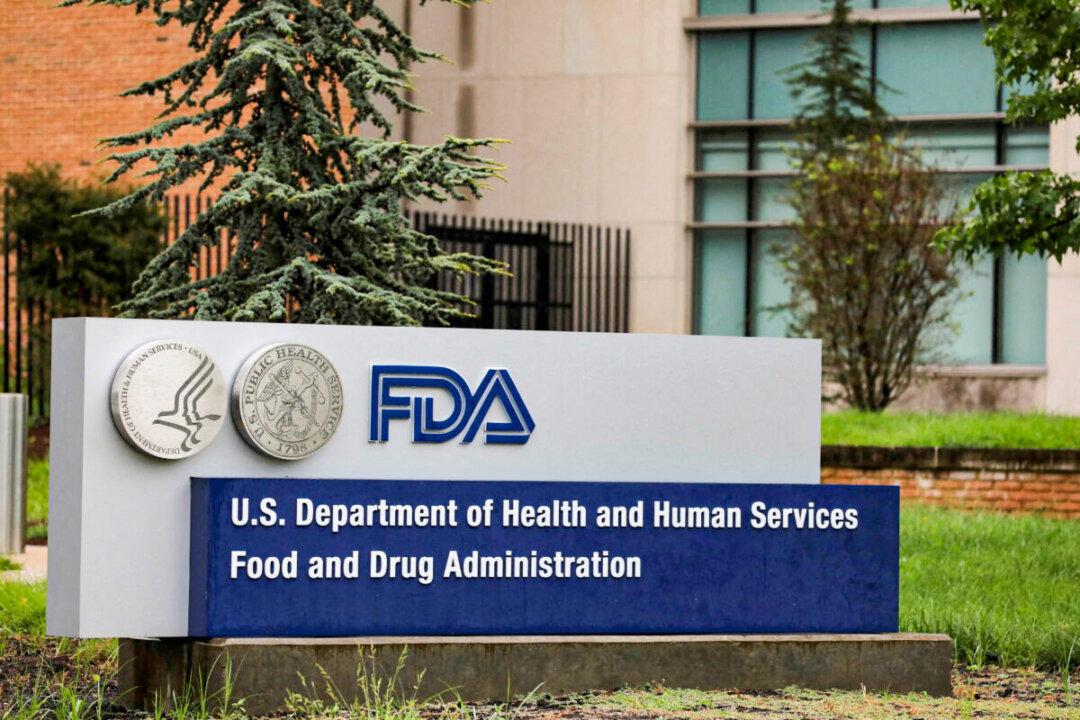Commentary
So many charts from this period of our lives will amaze future historians. The one that stands out to me, about which I’ve seen very little commentary, is that which shows consumer spending on medical services taking a deep dive during a pandemic that everyone says was the worst in 100 years.





